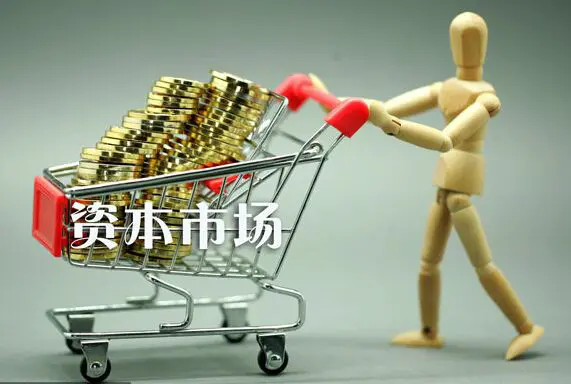When he posted an advertisement to sell his second-hand books online last Saturday, Kang Xia didn't expect it to turn into a shopping bonanza.
He was astonished when thousands of orders flooded in from the ad.
Kang, who will attend Columbia University in July, decided to sell his massive collection of old books, 1,741 to be exact, which have stuffed the 25 shelves in his house in Qinhuangdao City in north China's Hebei Province.
"I said in the ad that I will sell at least three random books for a price of 60 yuan (9.7 U.S. dollars) and seven for 99 yuan," the 26-year-old said. "I thought I might eventually manage to sell 100-odd books to a couple of people."
Within only two hours, more than 200,000 yuan was transferred to his account on Alipay, the online payment unit of e-commerce powerhouse Alibaba.
The response was so overwhelming in the ensuing days that Alipay had to close Kang's account temporarily to prevent more transfers at Kang's request. The total eventually exceeded 770,000 yuan.
"It is outrageous," Kang said.
When Xinhua reporters approached him Thursday in Qinhuangdao City, Kang was frowning over the daunting task of mailing books to some 300 people. He must also return money to more than 7,000 people who tried to buy the sold-out books.
"I plan to ask friends over to help me with the process," he said. "It will probably take a few days."
Kang said the hardest part is not the mailing process, but having to part with the books.
"I thought I would only sell a few books, but now I have to bid farewell to them all," he said.
Kang's book collection includes autobiographies, novels and essays. His favorite is "Freedom" by American novelist Jonathan Franzen.
Amid the buying frenzy, Kang's public account on WeChat, a popular instant messaging tool, gained more than 27,000 followers, with many complaining they were unable to buy Kang's books.
Many netizens questioned whether the sale was a marketing gimmick for Alipay, but Kang has denied the rumors.
Tian Susu, an expert with the Hebei Academy of Social Sciences, said the craze reflects the public's enthusiasm for reading in the electronic era.
"I think it also shows a dearth of quality books in the modern era," Tian said.
"In modern times, maybe the form of reading has changed, but the search for good books never ends," he added.
 简体中文
简体中文

